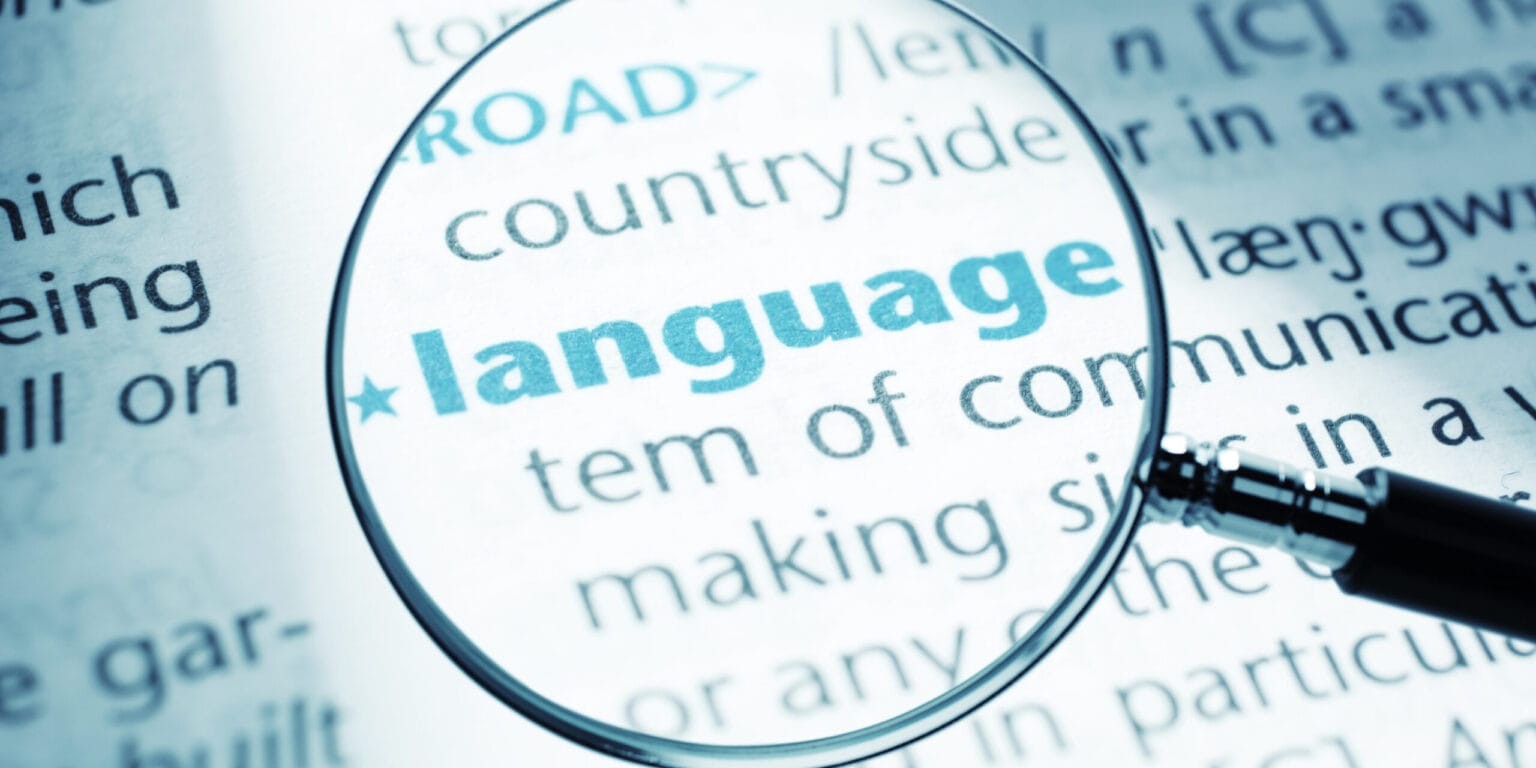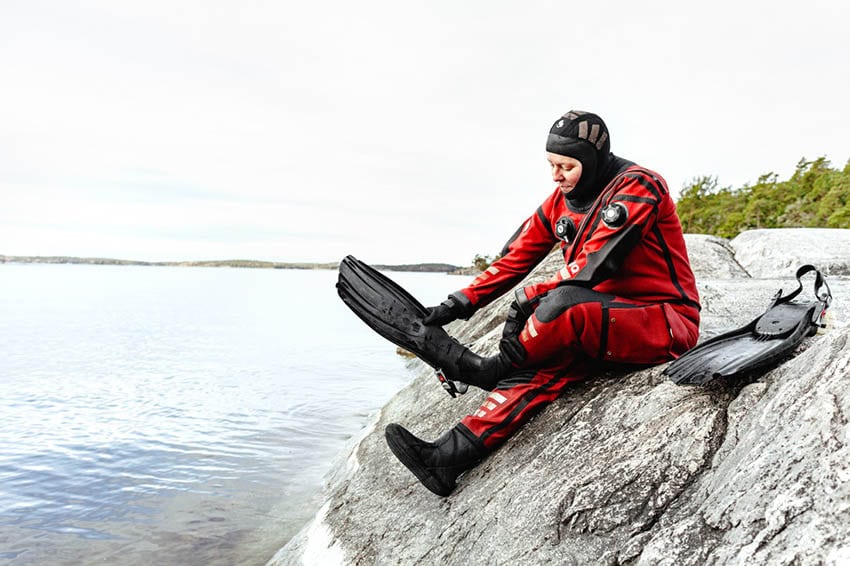The Language Council’s report, Language Choice and Internationalisation, is a follow-up to a corresponding survey from 2010 and focuses on the past ten years.
“The clearest result overall is that English is growing everywhere, in all domains, in all subject areas, with very few exceptions. The higher the academic level, the more English is used,” says Hans Malmström, assistant professor at Chalmers, who conducted the study together with Professor Diane Pecorari of City University of Hong Kong.

Dominant language of publication
On average, 64 per cent of all programme teaching at advanced levels was conducted in English in 2020, and 53 per cent of course teaching. This is an average increase of 7 and 13 percentage points respectively over the past ten years. As a language of publication, English dominates completely at the expense of Swedish: 93 per cent of all doctoral theses and all journal articles were written in English in 2019.
When it comes to individual subject areas, there are differences regarding both the language of teaching and language of publication. In science and technology, for example, English has increased as the language of instruction, but the increase is even greater in the humanities and social sciences.
English as the language of publication in science and technology has increased from an already very high level. But in the humanities and social sciences, English has increased much more.
“English is found everywhere. What confirms that view is that for Swedish-language courses at foundation level, where English is not the official language of instruction, English-language course literature is used to a very large extent. About half of the compulsory course literature is in English. And in 25 per cent of all Swedish-language courses, there is no Swedish literature at all,” says Malmström.
The only exception to the march of English is that 95 per cent of programmes at undergraduate level are taught in Swedish.
Why is it like this?
“In this report, we attribute the development to the internationalisation of higher education and research over the past 20 years. It took off in earnest in connection with the Bologna process, as more international students, teachers and researchers came to Sweden. The biggest changes with regard to the language of teaching came around that period. Since then, it has just continued. In the humanities and theology, we have seen an increase of almost two percentage points per year since 2015.
Is the growth of English problematic?
“It’s not unproblematic, and we know far too little about the consequences of the use of English as a language of instruction. We can’t say with certainty that studying a subject such as mechanics or anthropology in English doesn’t have a negative impact on subject understanding. Nor do the research results provide clear evidence that studying a subject in English means that your English skills improve. Much more research is needed here.”
There is also no unambiguous research on the consequences of less research being published in Swedish, he says.
“We can’t really comment on the actual consequences of a potential impoverishment of Swedish as a language of science. We can assume that if Swedish is used to a lesser extent in publications, it will lead to domain losses.
What are the report’s conclusions about future developments?
“There is a lot to suggest that the development towards more use of English will continue. Maybe not as rapidly as before, and not in all domains. But in some subject areas we will see an increase in English both as the language of instruction and as the language of publication.”
The report presents three possible ways forward. One is that the state, higher education institutions, teachers and students decide that anglicisation must be stopped. “If that is to succeed, very powerful, systematic, conscious measures need to be used,” says Malmström.
The opposite path is to capitulate in the face of the spread of English.
“Putting it crudely, that’s about where we are today. Anglicisation may continue without us doing much about it.”
The third way is a kind of middle ground to create a parallel use of language, where English and Swedish can coexist and fertilise each other in a good way in learning environments and within the framework of research.
“That’s easier said than done. It’s not easy to bring about a productive coexistence of Swedish and English. Show me a country where use of parallel languages has been completely successful, where it doesn’t become a zero-sum game. I haven’t seen a single example of it working anywhere,” says Hans Malmström.
What do you yourself think will happen?
“The spread of English will probably continue to roll on for some time without any major interventions from the state or the higher education institutions. But I think we will see more and more efforts to strive for parallel language use – and multilingualism in general, where we recognize that there are languages other than Swedish and English that have an important role to play in academia. All the Iranian, Indian or Chinese students and researchers in higher education environments use their first languages in conversation with each other.”
















